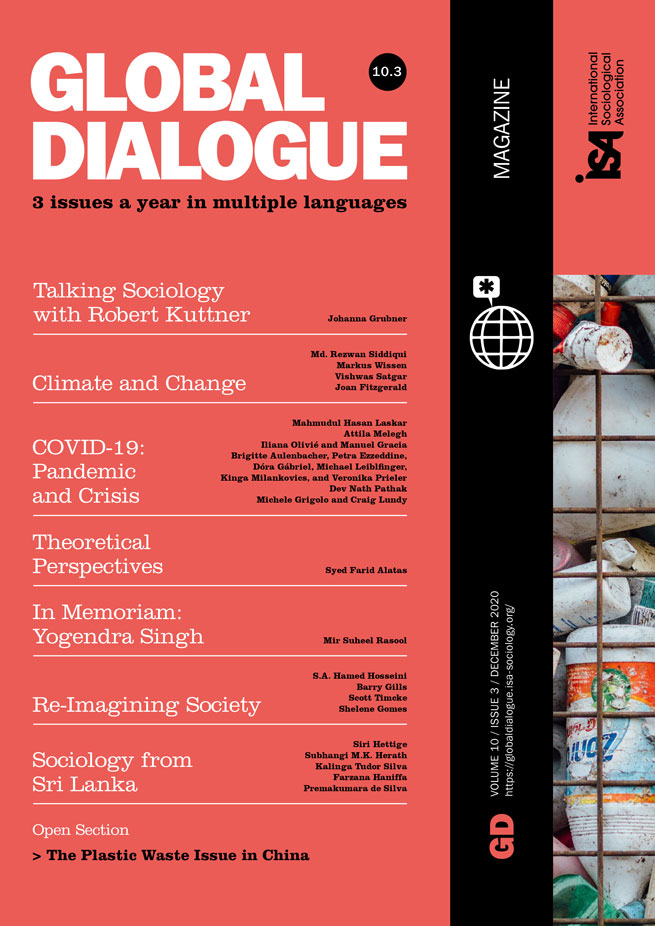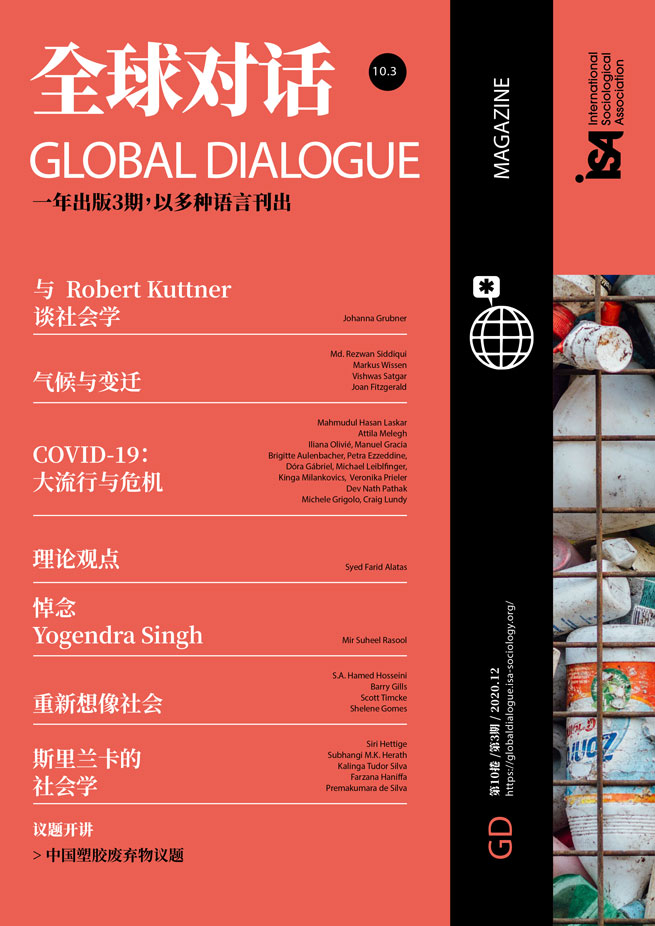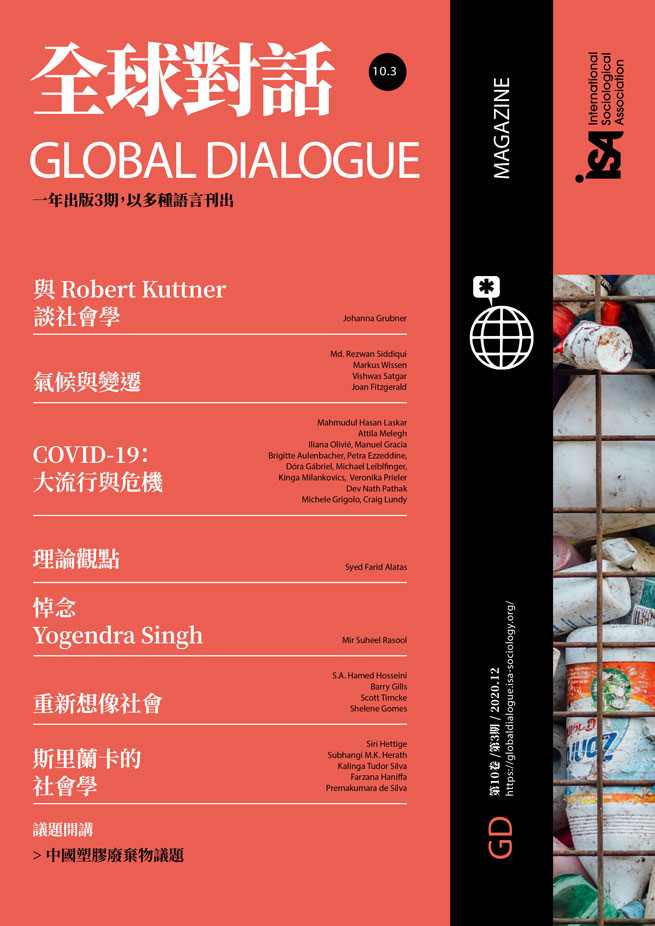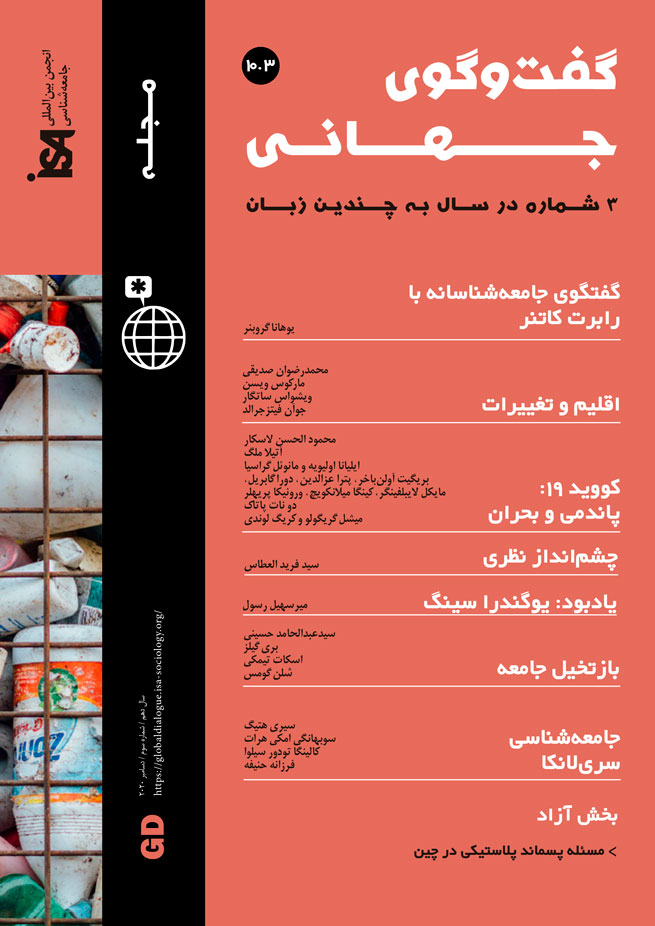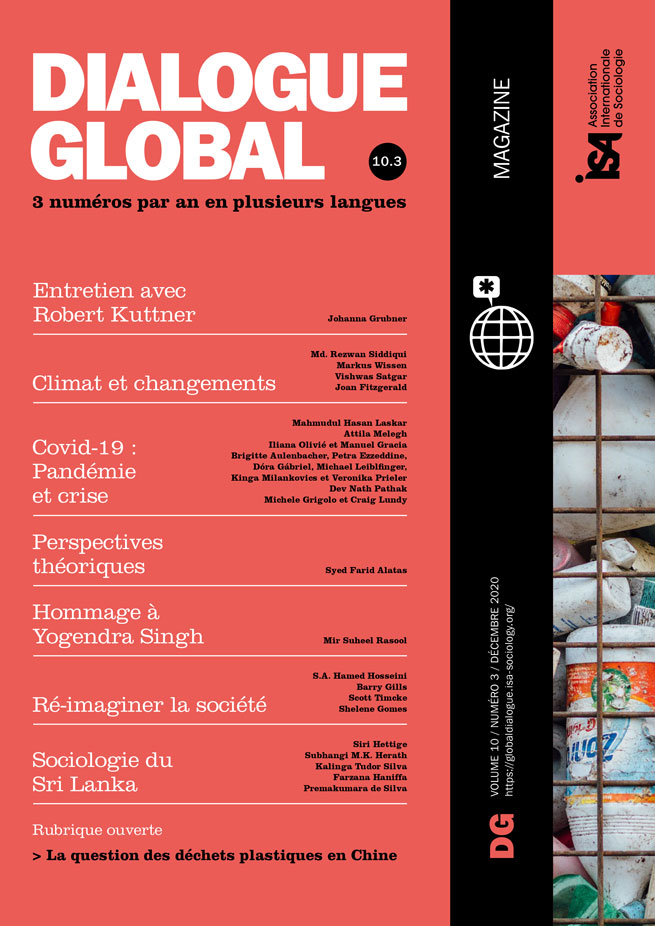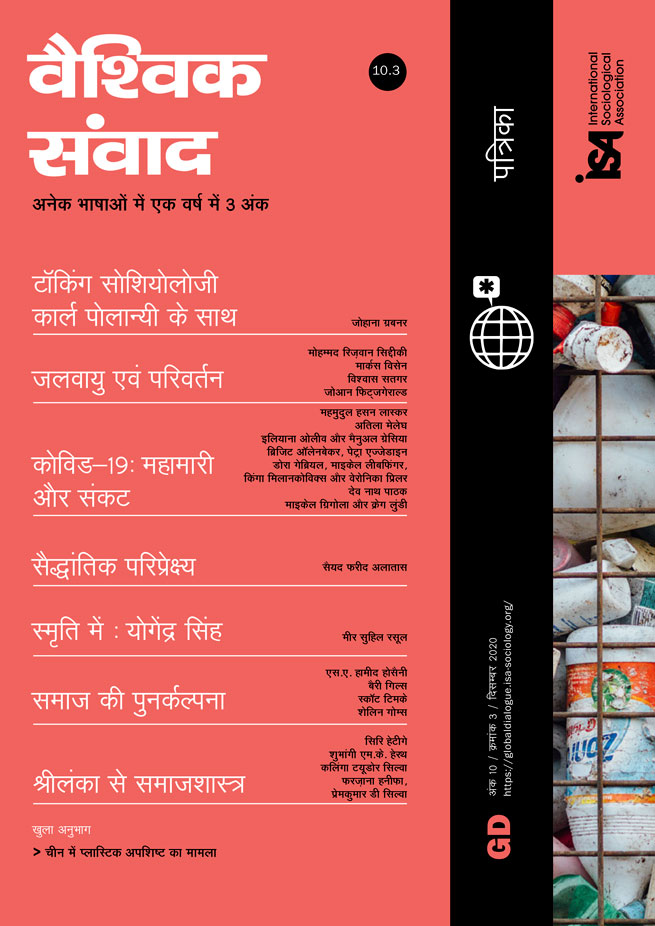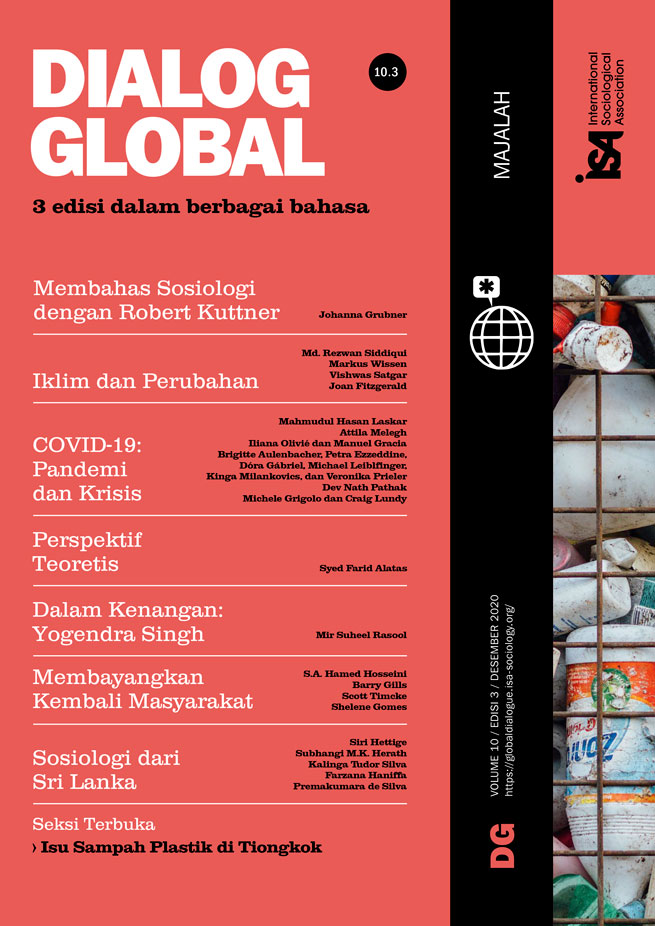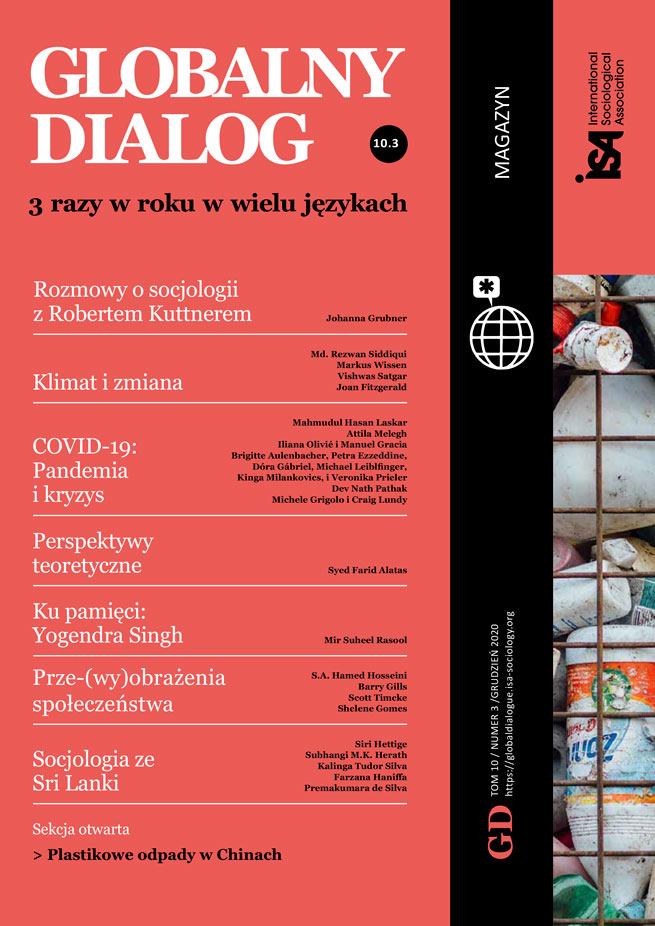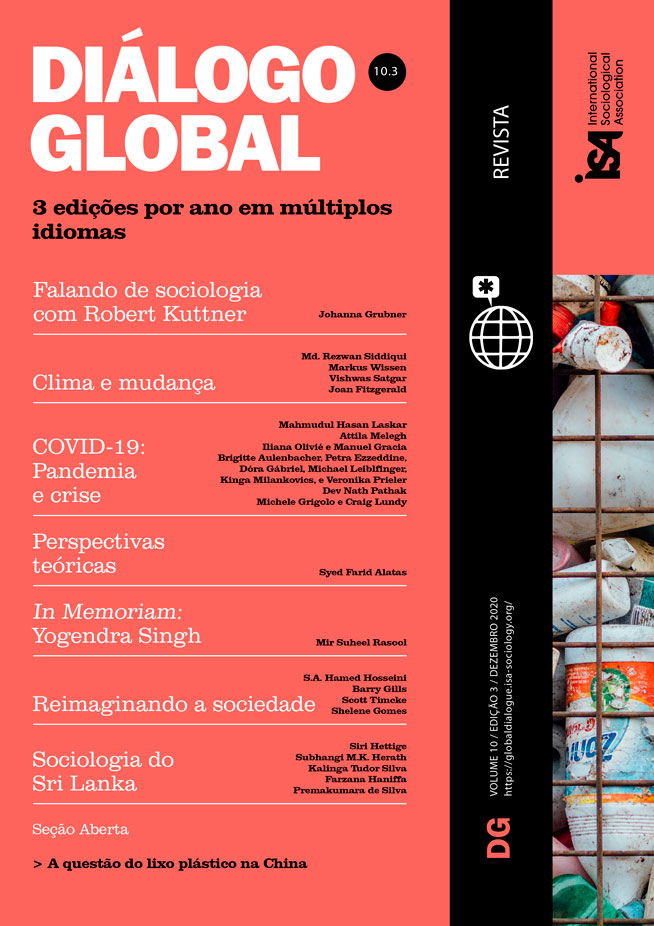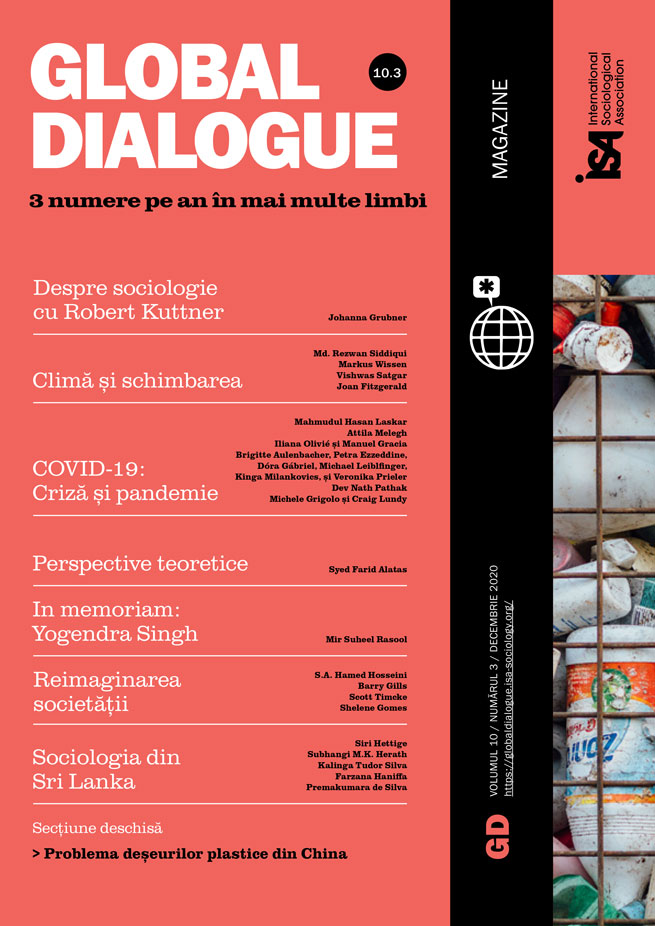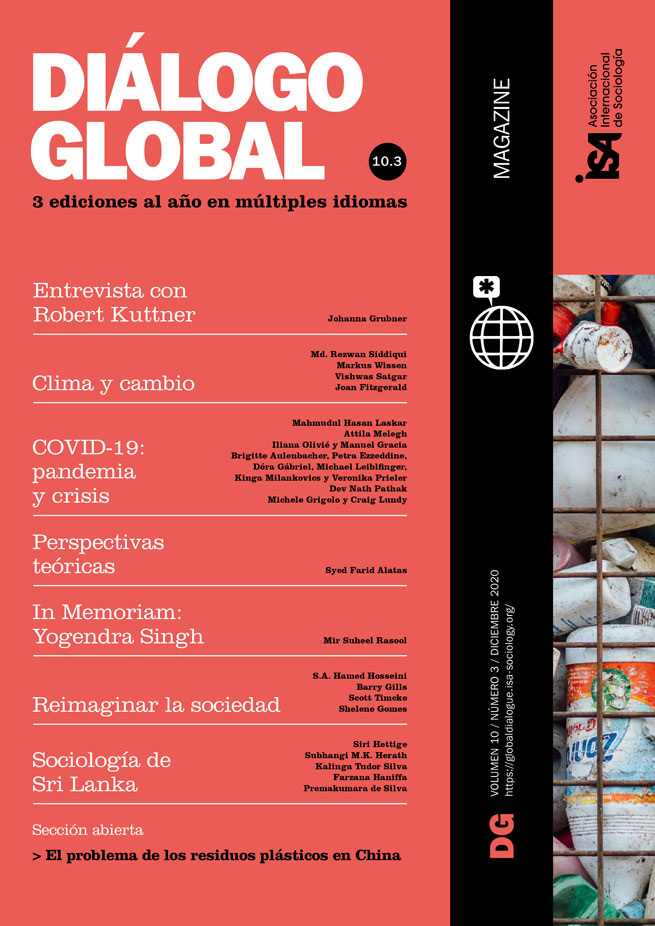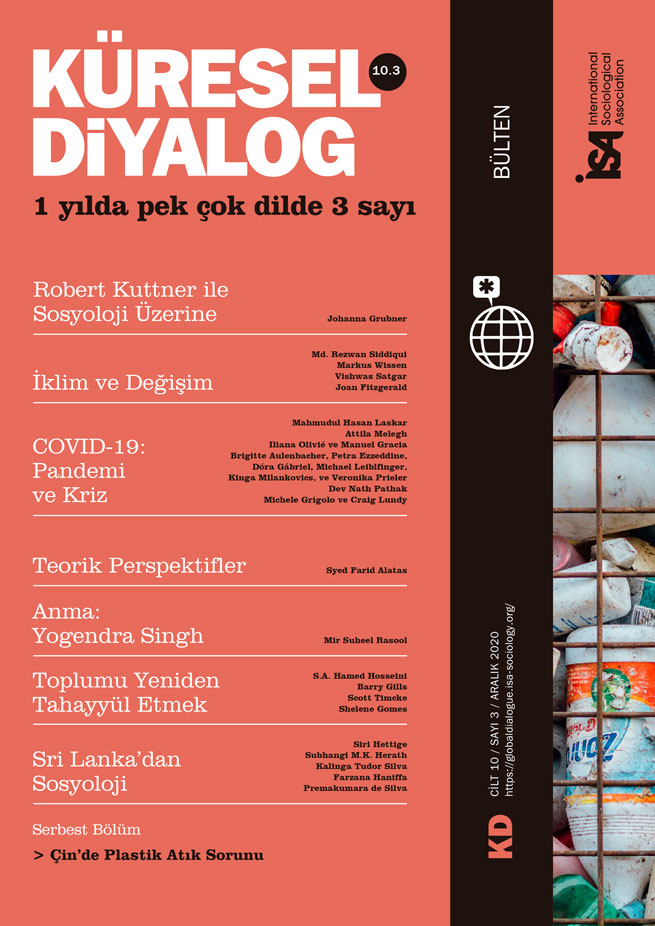Yogendra Singh: A Pioneer of Modern Indian Sociology
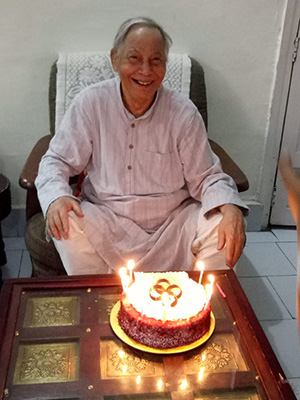
October 29, 2020
Yogendra Singh (1932-2020) was one of the eminent sociologists of postcolonial India. Singh was a towering figure in intellectual and academic circles for having done pioneering work in Indian sociology on concepts such as social stratification, social change/continuity, Indian sociology, modernization, and cultural change. His writings cover an enormous diversity of themes and perspectives as he navigated from one topic to another with equal interest and ease.
Professor Singh spearheaded the study and dissecting of modernity and tradition in . A large section of his work is concerned with modernity, tradition, and social stratification. He used an integrated approach to understand and analyze Indian society. His remarkable and celebrated 1973 magnum opus Modernization of Indian Tradition opened up new horizons for Indian sociology. He also has to his credit ten monographs and books including The Image of Man (1983), Ideology and Theory in Indian Sociology (2004), and the edited series Social Sciences: Communication, Anthropology, and Sociology (2010) where he dwelled on the signification of signs and communication, working at the interface of informational theory and sociology.
Professor Singh had firm convictions, encouraging dissent and using open dialogue as a method of sociological discourse. Even during the current pandemic, his focus was on reinventing sociological paradigms to deconstruct the crisis scenario of postindustrial societies. Singh was a realist to the core and believed in the empirical basis of theories, which is why he has often been called a “social scientist,” soaring above the regimentation of parochial disciplinary classifications. In one of his articles in Sociological Bulletin he emphasized the importance of the sociology of knowledge, calling for objectivity and realism. He called for a delinking from an international “reference model” and made an acute and precise catalogue of emerging challenges facing sociology. He emphasized the importance of field studies that enabled the objective existential and historical features of a “social space” to be recorded and documented. He was a firm believer in the democratization of knowledge and science. He developed an integrated model to study the structural and cultural aspects of Indian society. He was of the view that developing a particular approach was needed to study a particular spatial context. In one of his interviews he described the rise of right-wing nationalism as being in consonance with the rise of middle-class anxieties and suggested educational progress as an antidote to the “accentuating threat” of this form of hyper-nationalistic politics.
Yogendra Singh charted how Indian sociology evolved its own discourse thematically around “village studies” and struggled with the indigenization of concepts from 1950 to 1980. Mainstream sociology was still anchored in American functionalism and the rise of a dialectical-materialist understanding was also typical of those years; both developments were essential in shaping Indian sociology. Singh was convinced of the inherent capacity of Indian sociology for further adaptation and change, involving a contestation between defining and reworking the universal discourses of global sociology and the essential indigenization of conceptions in sync with Indian historicity, cultural specificity, and goals of social and economic development. His views have enlightened us as to how Indian sociology has delineated its own distinctive discourse, beyond importing the concepts of western sociology.
During his lifetime, Professor Singh was a member of several prestigious organizations and institutions. He was the principal architect and one of the founders of the Centre for the Study of Social Systems at the School of Social Sciences at Jawaharlal Nehru University (JNU). Because of his humble nature and intellectual honesty, he was never over-ambitious when it came to stepping up to the top echelons of academic hierarchy. His concerns were less political than academic, which is reflected in the writings he labored over throughout his academic career. Besides teaching and designing the schema of courses of sociology at various Indian institutions, he conveyed to many of his students and fellow researchers the value of reasoned and radical pathways of understanding society. During his old age, he seamlessly carried out his research and pedagogical activities with full vigor and vibrancy.
Professor Singh’s ways of thought and writings have had a lasting effect on contemporary sociology and Indian society. He was articulate in his approach and did not believe in vague lines of thought. He believed in studying actual social facts and social lives that determine individual actions and attitudes, while wishing to see a constructively transformed society in his own lifetime. He undertook incisive and thorough studies of quintessential issues affecting Indian society. Many of his writings are as relevant and useful in the contemporary world as they were when they were first written.
With his death, India has lost a visionary sociologist whose contributions and endeavors for reorienting and modernizing Indian sociology can never be overlooked. His inerasable legacy has left a deep imprint in the hearts and minds of students in developing the spirit for research and inquisitive analytical study of themes confronting society. We will always remember him as a sociologist, teacher, philosopher, and man of impeccable intellectual integrity.
Mir Suheel Rasool, University of Kashmir, India <mirsuhailscholar@gmail.com>

